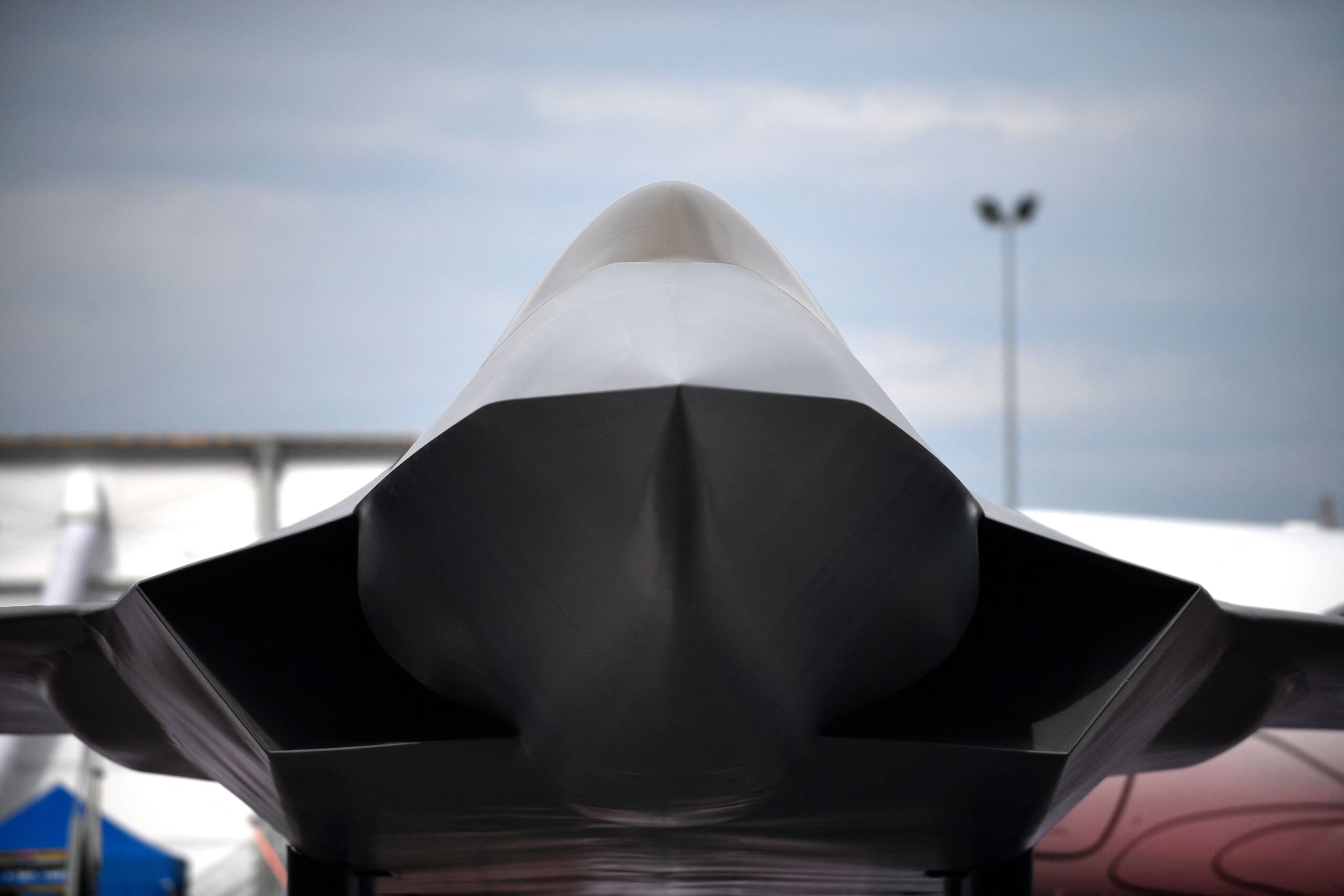Reports of internal disputes among the partners in the French-German-Spanish FCAS (Future Combat Air System) fighter program have been overstated, according to Brig. Gen. Phillipe Suhr, the French Air Force’s representative for the initiative. Speaking at the International Fighter Conference in Rome, Suhr emphasized that while differences exist, all parties remain committed to the program’s success.
“There are differences but don’t believe all you are reading,” Suhr stated. “We are still fully committed to this program with our partners and we will do our best to find a solution to move forward because we have to. It is important to deliver in the 2040s.”
The FCAS, launched in 2017 by France and Germany with Spain joining later, is envisioned as a sixth-generation fighter intended to replace France’s Rafales and Germany’s Eurofighters by the year 2040. However, tensions have arisen, particularly regarding control of the project. French prime contractor Dassault Aviation has been advocating for a larger share in the program, leading to friction with its German partners.
In a recent statement, Guillaume Faury, CEO of Airbus, which is involved in the German contribution, suggested that Dassault should consider withdrawing if it is dissatisfied with its current stake. “If they’re not happy with what was decided and they don’t agree to continue in this setup, they are free to decide to move out of FCAS,” he noted.
Suhr attempted to mitigate concerns, arguing that reports claiming Dassault seeks an 80 percent stake in the project do not reflect reality. “When you read Dassault wants 80 percent, it is not reality,” he said, reinforcing the notion that the program is still on track.
Progress in Competing Fighter Programs
As the FCAS initiative encounters challenges, the parallel sixth-generation GCAP (Global Combat Air Program) being developed by Italy, the United Kingdom, and Japan appears to be advancing more smoothly. Three industrial consortia have recently been established to manage various aspects of the GCAP, indicating a clear path forward.
In remarks made during a conference call with analysts, Roberto Cingolani, CEO of Leonardo, Italy’s leading contractor for the GCAP, announced that the company expects to secure over €1 billion in national contracts related to the fighter program by December 2023. “Our competitors are slowing down,” Cingolani asserted, highlighting the competitive landscape.
At the Rome International Fighter Conference, Colonel Antonio Vivolo, the GCAP senior technical representative at the Italian defense ministry’s armaments office, discussed how Italy views the program as an opportunity to enhance its technological sovereignty. He emphasized the importance of maintaining a degree of national autonomy even while collaborating internationally.
“The goal is not only to obtain a new fighter, the goal is to obtain and keep technological and industrial sovereignty,” Vivolo stated. He stressed that this autonomy is crucial for adapting to evolving threats without having to renegotiate terms with external partners. “Without this depth of sovereignty, sixth-generation would remain a beautiful concept governed by someone else, and this was not an option,” he added.
Vivolo’s remarks underscored the necessity for countries to establish a robust foundation in technology to navigate an ever-changing global security environment. By arriving at the negotiation table with clearly defined requirements, Italy aims to present itself as a reliable and effective partner in international collaborations.
As both the FCAS and GCAP programs progress, the dynamics among international partners will likely continue to shape the future of defense capabilities in Europe and beyond.
